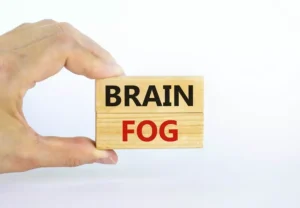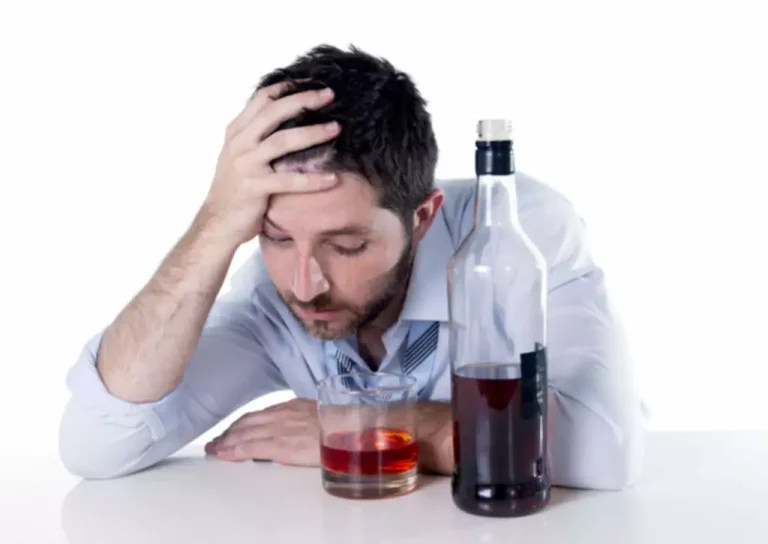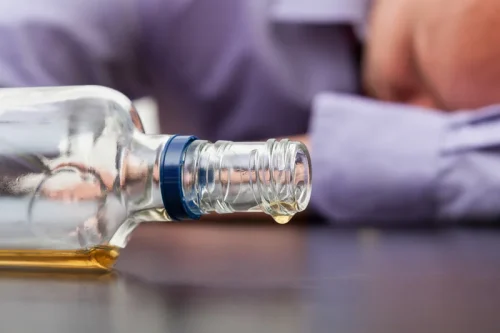
شركة نسيم البحر مصراتة تشارك في فعاليات معرض ليبيا للصناعات 2022
4 مارس، 2022The Dopamine System in Mediating Alcohol Effects in Humans SpringerLink
7 مارس، 2022
Detox and maintenance medications treat the physical symptoms of drug addiction. Counseling and therapy treat the psychological and behavioral symptoms. These therapies can be delivered in an inpatient or outpatient setting, but residential treatment is recommended after detox or the initiation of maintenance medication. Your medical team can help you find the treatment plan that works best for you.
Office of the Chief Medical Officer (OCMO)
Emotional dysregulation, or difficulty managing emotions, can also make it hard to cope with stressors without turning to substances for relief. This treatment focuses on teaching skills to recognize triggers https://ecosoberhouse.com/ like stress or thoughts. By knowing triggers early, individuals can develop coping skills to handle them in healthier ways. Continue reading to learn about relapse, its causes, and coping strategies.
HHS announces $27.5M in funding opportunities for women’s behavioral health

Dedication, self-efficacy, and support make the path to sustained recovery attainable and provide proof of strength and determination. In the journey of recovery, whether from trauma or addiction, adopting long-term strategies is important for sustained progress. Mindfulness and meditation are about being present and paying attention to what’s happening without judgment.
Signs of a Behavioral Addiction
Withdrawal management can help you get through any symptoms you experience while weaning off heroin. Good Samaritan laws will protect you legally when or if you provide assistance to someone who’s overdosing or is incapacitated for another reason. You won’t be held responsible for any damages that may come from providing this care. Long-term use of heroin can create potentially permanent changes to the structure of your brain.
Additionally, practicing self-care activities like exercise, meditation, and hobbies can help maintain mental and emotional well-being. Setting realistic goals and celebrating progress can also boost motivation and resilience. Finally, staying vigilant and recognizing warning signs of relapse can enable individuals to intervene before a full relapse occurs. Monitoring progress and adjusting the recovery plan is essential for long-term success.
- A urine test can detect it for about 8 hours after your last heroin use.
- Emergency responders are there to save lives, not turn you into the police.
- Right after you take heroin, you get a rush of good feelings, relaxation, and happiness.
- Relapse prevention strategies involve maintaining recovery from addiction or harmful behaviors.
- Whether you exercise regularly, eat nutritious meals, or practice mindfulness, establishing healthy routines helps create structure and consistency.
While not a treatment for addiction itself, detoxification is a useful first step when it is followed by some form of evidence-based treatment. Over the past two decades, the opioid crisis has accelerated heroin addiction treatment the integration of addiction care in the U.S. with mainstream medicine. Yet methadone, the oldest and still one of the most effective medications in our OUD treatment toolkit, remains siloed.

Inpatient Treatment
If you suspect that you or someone you care about has a heroin addiction, talk with a professional. This can include a mental health professional like a licensed drug or alcohol counselor or a social worker, physician, or psychiatrist. Talk to your doctor or visit FindTreatment.gov if you can’t quit using heroin on your own. Medication and other substance use treatments can help ease drug cravings and withdrawal symptoms that come with ongoing heroin use. For detoxification, the FDA has also approved the use of lofexidine, a non-opioid medication that can alleviate heroin withdrawal symptoms in the early stages of treatment. Methadone may even be preferable for patients considered to be at high risk for leaving OUD treatment and overdosing on fentanyl.

People with OUDs often require treatment to recover from heroin addiction. Treatment can include a combination of medication, therapy, and support groups. The half-life of a drug is the time it takes for the amount of a drug’s active substance in your body to reduce by half.
